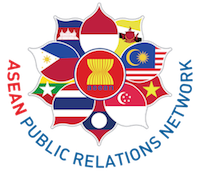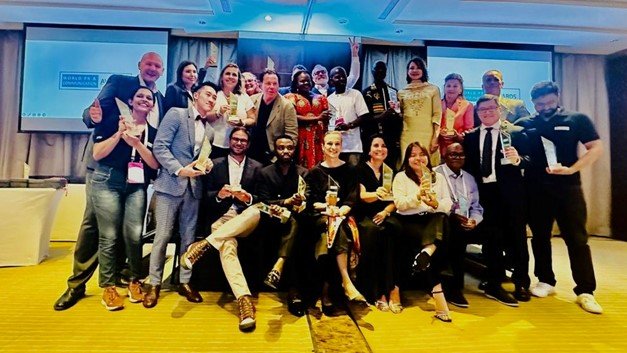Stephen R. Covey: In today’s business world, individuals and their creative intelligence are accepted as the biggest capital. Although this fact, which forms the basis of the communication sector we belong to is not new to us, it is becoming valid for all business life, regardless of the sector, it is of great importance. So, what connects a person to the company they work for and nurtures and activates their creative intelligence? Diversity, equality and inclusion (DEI) is the answer to this question. Research shows that the leading companies in the Diversity and Inclusion indices have increased their market shares by 45 percent, and their success rates in new markets are 70 percent higher than companies that do not adopt this principle.[1]
The contribution of gender equality to the economy is 12 trillion dollars
According to the report prepared by PwC; diversity, equality and inclusion (DEI) programs increase the performance of a company in general and its innovation capacity in particular. Amongst the CEOs interviewed for this research, 78% indicate an increase in their innovation capacity and 85% in their overall performance are the results of the DEI programs they have implemented.[2] This issue is one of the most important drivers of development not only for companies but also for the society. Modeling by the McKinsey Global Institute (MGI) issues that, realization of equal participation in the workforce worldwide will contribute 12 trillion USD to the economy by 2025.[3]
The potential of DEI programs, which we have observed to accelerate and strengthen by the pandemic, is evident in numbers, and business leaders are aware of this potential. At this point, we as the communication consultants have important roles to play. We need to keep this topic on the agenda of business leaders and encourage them to do more at a faster pace. We need to show more clearly that the issue of sustainability, to which we make significant contributions to bring to the top of the agenda of the business world as communication consultants, is not limited by the environment. We should explain that DEI programs serve to “create work and working environments that are worthy of human dignity”, which is among the United Nations Sustainable Development Goals (UN SDG). All of this is our responsibility to the companies we provide consultancy services and our profession. We also owe this to the society we live in.
Every individual, every opinion is important
Of course, before we explain all this to our customers, our stakeholders, and invite them to take action, we must implement it in our organization in the strongest way possible. As Effect BCW, we are very lucky in this process because we are part of WPP group that leads our industry on a global scale in DEI programs. We benefit from the stimulating approaches of WPP and actively participate in projects implemented within the framework of DEI programs. We’re guided by the words of Malcolm Forbes “Diversity is the art of thinking independently together”. I consider it my primary duty to make each of my teammates that I lead at Effect BCW, to feel how valuable they are.
All the ideas and opinions of my teammates are very important and diversity is the foundation of all the great work we do. I am trying to preserve this culture and carry it into the future. Yet, I know that above all, DEI is a requirement of basic human rights. Therefore, I would like to end my article with the first sentence of the first article of the UN Declaration of Human Rights: “All human beings are born free and equal in dignity and rights”
Gonca Karakaş is CEO of Effect BCW and Global Alliance Board Member.
[1] https://www.globalcompactturkiye.org/cesitlilik-kapsayicilik/
[2] https://www.pwc.com.tr/cesitlilik-ve-kapsayicilik
[3] https://www.mckinsey.com/featured-insights/diversity-and-inclusion
Any thoughts or opinions expressed are that of the authors and not of Global Alliance.
Original posted by https://www.globalalliancepr.org/thoughts/2022/6/24/strength-lies-in-differences-not-in-similarities





